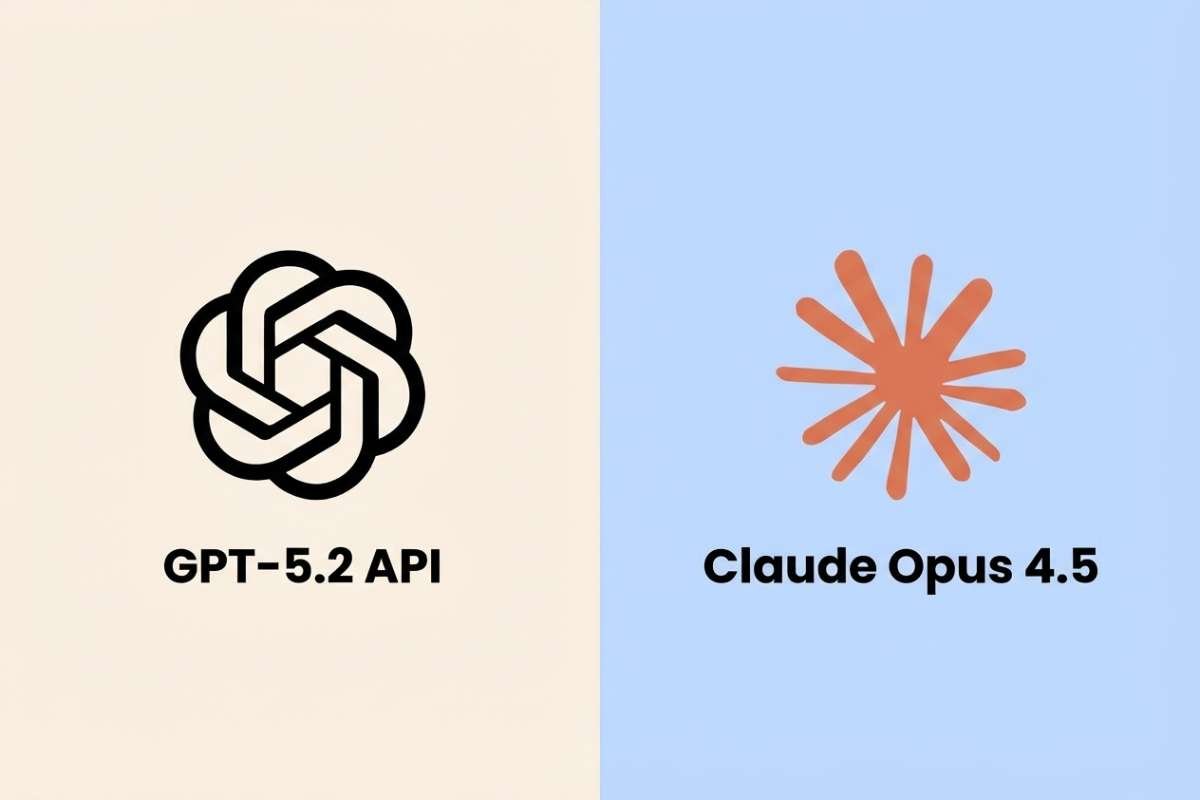In 2025, the hype cycle around AI has matured into a battleground of execution: only a handful of leaders are turning foundational models into mission-critical, scalable enterprise systems. These five CEOs transforming enterprise AI stand out not because they pitch “AI dreams,” but because their companies are shipping AI in production, often under stringent enterprise constraints. Here’s how they’re doing it.
Tal Peretz: The AI Deal-Flow Accelerator
Tal Peretz is the Co-Founder and CEO of Onfire, a Revenue Intelligence Platform purpose-built for software infrastructure companies selling to technical buyers. Onfire unifies proprietary first-party data with public third-party signals from developer communities, technology adoption trends, hiring patterns, and champion movements.
With over a decade of experience in AI and data-driven sales, Peretz has led teams of more than 350 professionals and established a reputation for pushing the boundaries of AI-powered outbound strategies. His vision centers on giving sales organizations contextual intelligence rather than cold data, a subtle yet crucial shift in how enterprise AI augments revenue teams.
He’s also a regular voice in the global AI-sales ecosystem, sharing insights through engagements like SellTech Academy, where he discusses how AI is transforming outbound sales and boosting efficiency and conversion rates. Beyond his company, Peretz maintains an active presence in the Israeli startup ecosystem, including participation in accelerator programs such as Intel Ignite in Tel Aviv, which supports high-growth AI ventures.
Peretz combines technical depth with commercial pragmatism. His focus on applying AI to practical, revenue-critical workflows makes him one of the few CEOs transforming enterprise AI and bringing tangible, immediate value to this frontier.
Ankur Goyal: The LLM Eval Maestro

Ankur Goyal leads Braintrust, a startup that helps enterprises build, evaluate, and deploy AI applications by providing tooling around evaluation, monitoring, and feedback loops.
Before Braintrust, Goyal founded Impira, a data management/document AI startup, which Figma later acquired. At Figma, he led the AI/ML team post-acquisition, then observed firsthand how hard it is to productize AI evaluation across different use cases.
Braintrust’s users include companies such as Zapier, Notion, Instacart, and Airtable. Goyal argues that the hardest engineering challenge in enterprise AI isn’t inference cost or model architecture. Rather, it’s ensuring models behave reliably as they evolve, across prompts, edge cases, and domain drift.
For enterprises, that means fewer surprises, safer deployments, and actionable diagnostics. Goyal’s bets are anti-“black box”: he’s building the scaffolding that makes AI software resilient to real-world chaos.
Surbhi Sarna: The Clinical Documentation Automator

Surbhi Sarna cofounder and CEO of Collate, is one of the CEOs transforming enterprise AI. Collate applies generative AI to the notoriously difficult domain of life sciences document workflows, including clinical trial documentation and regulatory filings. She previously founded a medical device/diagnostics startup (nVision Medical) and sold it for $275M. When she transitioned into AI, she chose a vertical with significant friction and regulatory risk: life sciences compliance.
In Collate’s pitch, “what would take months for a sponsor or CRO, we can do in days.” Their target customers are companies conducting drug trials, regulatory submissions, and audit statements, where document quality, traceability, and version control are essential. Surbhi has wisely chosen a corner where domain rules are strict, errors are costly, and generative AI can relieve tedium (not replace experts).
Tomer Cohen: The Voice Data Alchemist
At only 27, Tomer Cohen is one of the CEOs transforming enterprise AI as the head of David AI, a startup focused on collecting, curating, and distributing high-quality speech audio to train and fine-tune voice models.
David AI has delivered ~100,000 hours of voice audio in 15 languages to major tech firms, helping them build smarter speech models. What’s interesting is that they pay individuals globally to record spoken utterances, thus turning what was once a black-box “data procurement” problem into a scalable, incentive-driven supply chain.
Their product is less glamorous than “chat agent,” but enterprises building voice assistants or deciphering dialects depend on consistent, well-labeled, cross-lingual audio training data. Cohen’s leadership is about building the backbone of voice infrastructure, but absolutely indispensable.
Dean Leitersdorf: “The AI Infrastructure Provocateur”

Dean Leitersdorf is CEO and cofounder of Decart, an AI lab and infrastructure startup aiming to compete with the likes of OpenAI, Anthropic, and Google. Decart’s first product helps enterprises squeeze more value out of AI hardware and compute stacks. In one viral moment, their “Oasis” model cloned Minecraft purely via AI.
Leitersdorf is young, but has built a bold narrative: “the next multipurpose AI lab from Israel” recruiting local talent aggressively, and pushing on compute fragmentation, toolchain optimization, and model experimentation.
AI’s True Edge: CEOs Who Build for SLAs, Not Soundbites
These five CEOs transforming enterprise AI may not yet be household names, but they share a rare discipline: they’re not chasing hype. Rather, they’re building systems that actually work. Their AI runs under real enterprise pressures: strict SLAs, complex data, compliance audits, and unpredictable edge cases.
The noise around “AI will change everything” has faded. What matters now is execution: pipelines, metrics, and measurable results. The real leaders are those who treat uncertainty not as a risk, but as infrastructure.


















